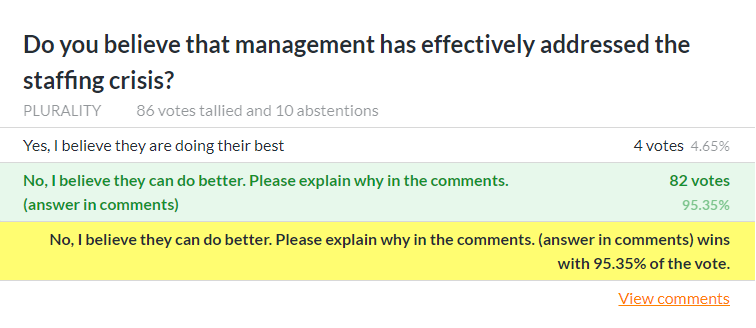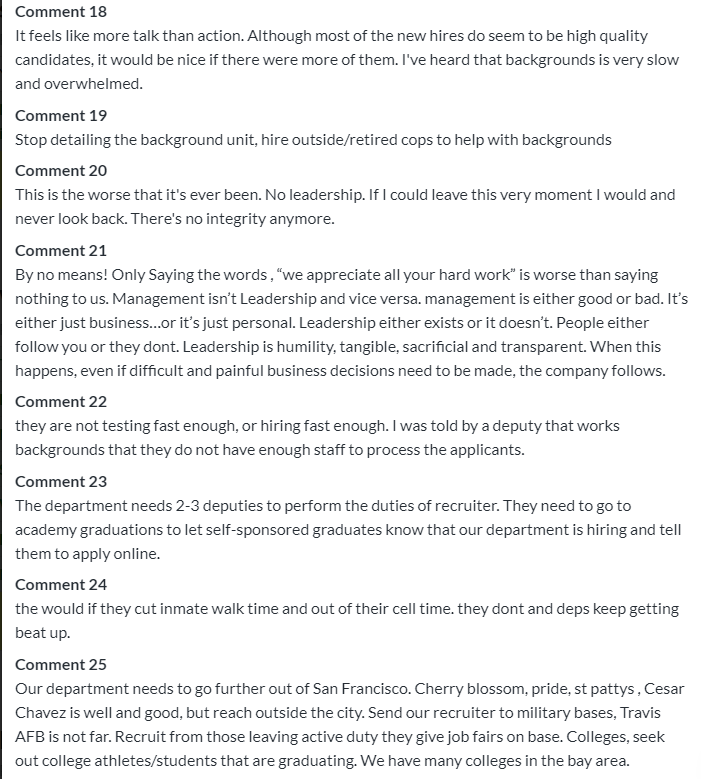Within the walls of the San Francisco Sheriff’s Office, a troubling reality is unfolding. Deputies, the frontline warriors of law enforcement, are being pushed to their limits by an unyielding demand for overtime work. This alarming situation, highlighted by a recent survey led by expert Lois James, PhD, paints a grim picture of overworked deputies, jeopardizing both their well-being and the safety of the community they serve.
The survey reveals a shocking truth: deputies are surviving on an average of just 5.25 hours of sleep per night, well below the recommended 7-9 hours. This chronic sleep deprivation not only threatens their health but also undermines their ability to make sound decisions and react quickly in critical situations, putting themselves and others at risk.


The implications of this overtime slavery are profound. More than half of the deputies report high blood pressure, a third suffer from sleep apnea, and nearly three-quarters exhibit symptoms of depression. These stark figures underscore a workforce on the brink, their physical and mental health hanging in the balance.
The numbers tell a sobering story. Deputies are logging an average of 28 hours of overtime per week, a staggering figure that triples the recommended limit set by the Occupational Safety and Health Administration (OSHA). This relentless overtime not only compromises their health but also diminishes their performance, with deputies 50% more likely to be involved in incidents while working overtime.
Adding to the pressure is the rising violence within the prison system. Incidents of prisoner fights have increased significantly, placing additional strain on an already overburdened staff. Attacks on deputies are also on the rise, highlighting the urgent need for a fully staffed and supported workforce.
Sheriff Miyamoto’s heavy reliance on mandatory overtime has created a toxic environment within the Sheriff’s Office, akin to modern-day slavery. Deputies are being pushed to their limits, with little regard for their well-being or rights. It’s a crisis that demands immediate attention, as lives are on the line.
Despite these challenges, Miyamoto has failed to prioritize recruiting and hiring, exacerbating the staffing shortages and placing further strain on an already overwhelmed workforce. As the sun sets over the Golden Gate, the deputies of the San Francisco Sheriff’s Office continue to toil, trapped in a cycle of exhaustion and despair. How much longer can they endure? Will Sheriff Miyamoto take decisive action to end their suffering? The time for change is now.
To ensure the safety of both deputies and the community, the Sheriff’s Office must bolster its ranks by approximately 308 deputies. Failure to address this crisis will perpetuate a cycle of exploitation and endangerment, with grave consequences for all involved.
